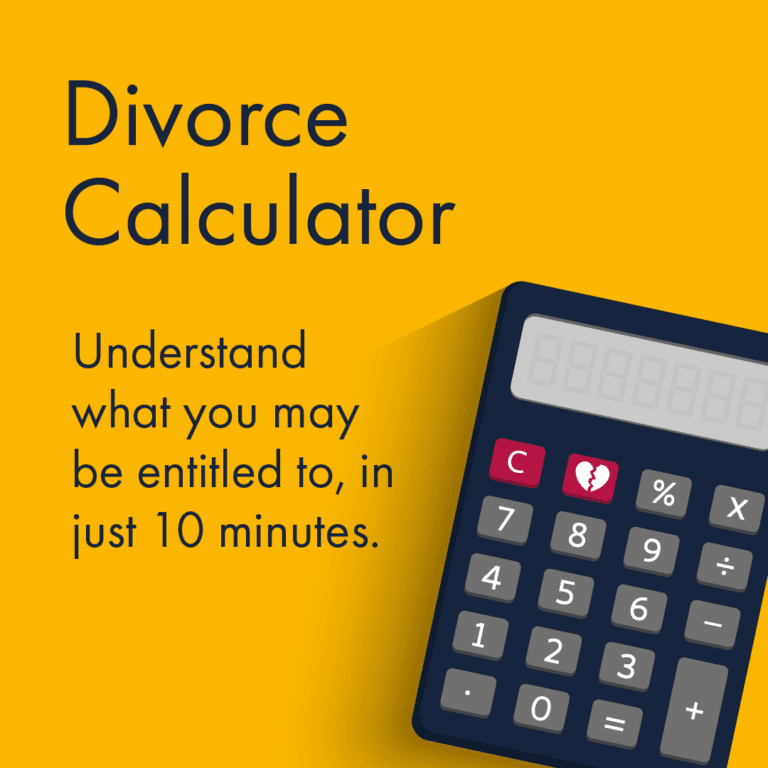 Use the calculator
Use the calculator
The emergence of virtual currencies
In January 2022, Law Society guidance said that “…there are (with only slight exaggeration) almost as many definitions of a cryptocurrency as there are cryptocurrencies”. In family proceedings we most often come across notional payment tokens such as Bitcoin. Bitcoin was initially introduced in 2008 and its value has risen steadily since. As at June 2022 1BTC was worth £17,124.
Cryptocurrencies are a subset of digital assets that also includes digital files and domain names, to mention just two examples. In December 2021, there were over 9,000 cryptocurrencies with a total market value of £1.76 trillion, with Bitcoin being one of them.
-
What distinguishes cryptocurrency from other assets?
Governments and central banks don’t control cryptocurrencies. While functioning as a kind of payment, cryptocurrencies are totally digital and lack a central bank or storage location. Some cryptocurrencies are used for international money transfers, while others are used to purchase goods and services. They rely on cryptographic information contained in a digital wallet application. A blockchain is created by the code, which resembles a bank’s ledger.
The blockchain is an open public ledger that logs all transactions and is updated every 10 minutes approximately. It is comprised of two codes, each of which is known as a key. The public key is accessible to everyone, but the private key is kept secret. Private keys are kept in a wallet. Both keys are required to purchase goods or services.
-
Should cryptocurrencies be considered during divorce proceedings?
In view of the surge in the value of cryptocurrencies, these investments have taken on a greater significance in divorce procedures. In England and Wales, cryptocurrencies are now considered “property”. This implies they can be transferred between parties in divorce proceedings through a property adjustment order pursuant to section 24 of the Matrimonial Causes Act of 1973.
Considering their volatility and proclivity to change in value, it is imperative that current values be utilised in discussions and hearings.

Is it simpler to conceal cryptocurrencies?
Both parties in financial actions are required to provide complete and honest financial information. Yet, because cryptocurrencies are mostly unregulated, they may facilitate tax fraud, money laundering, and other criminal activities on the “dark web”. They should be declared on Form E in the same manner as any other property, but because to their level of secrecy, it might be challenging to track or attach them to a specific individual.
Without the private and public keys, it is practically difficult to determine whose property anything is. There should be records that allow for the retrieval of information on the holding, record of trades, and current holding value. Thus, it is crucial that the proper questions are asked. An specialist in cryptocurrencies may also reveal digital forensic data to show the user and their transaction history.

How will cryptocurrency be divided in the event of a divorce?
After the value of crypto assets has been determined, they must be split similarly to other assets. This can be accomplished through negotiation, mediation, or the courts.
According to where you live, the precise rules and regulations surrounding cryptocurrencies and divorce might differ, therefore it’s vital to contact with a family solicitor who is experienced with these concerns.
Overall, cryptocurrency can add a degree of complication to the divorce process, but these concerns can be navigated with the assistance of an experienced family lawyer and a fair and reasonable approach to asset split.
Contact Stowe’s local divorce lawyers today
We specialise in divorce and divorce finances at Stowe Family Law.
We have divorce lawyers in offices throughout the UK, including London, Birmingham, York, Bristol, Manchester, Nottingham, and Leeds, along with towns including Harrogate, Wilmslow, Beverley, Ilkley, Wetherby, and Winchester.
If you’re interested in learning more, contact us today at 0330 383 0319, fill in our online contact form, or learn more about us today.
What our clients say
Newsletter Sign Up
Sign up for advice on divorce and relationships from our lawyers, divorce coaches and relationship experts.
Privacy Policy
